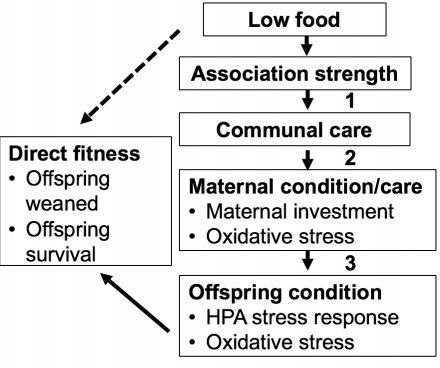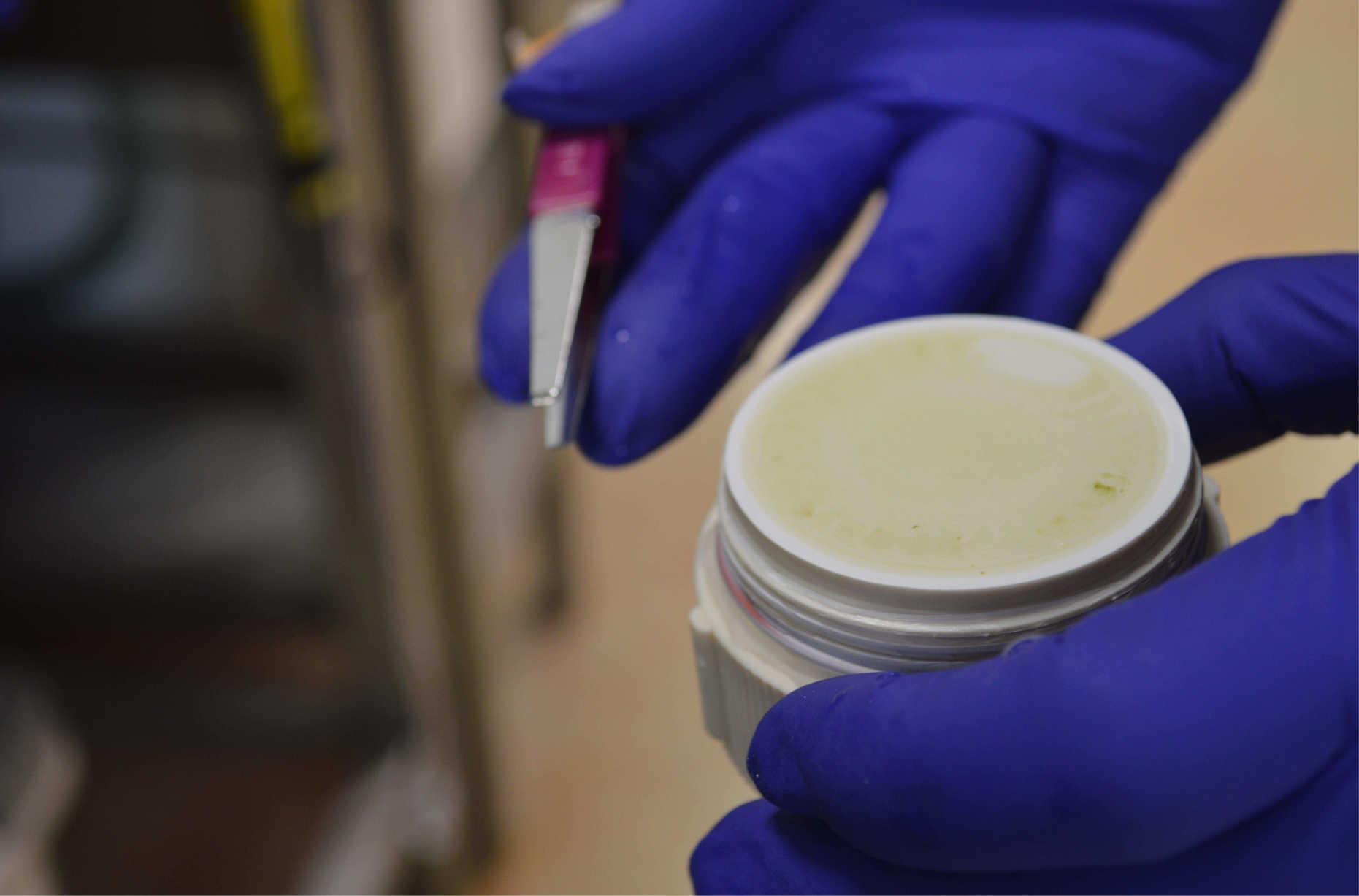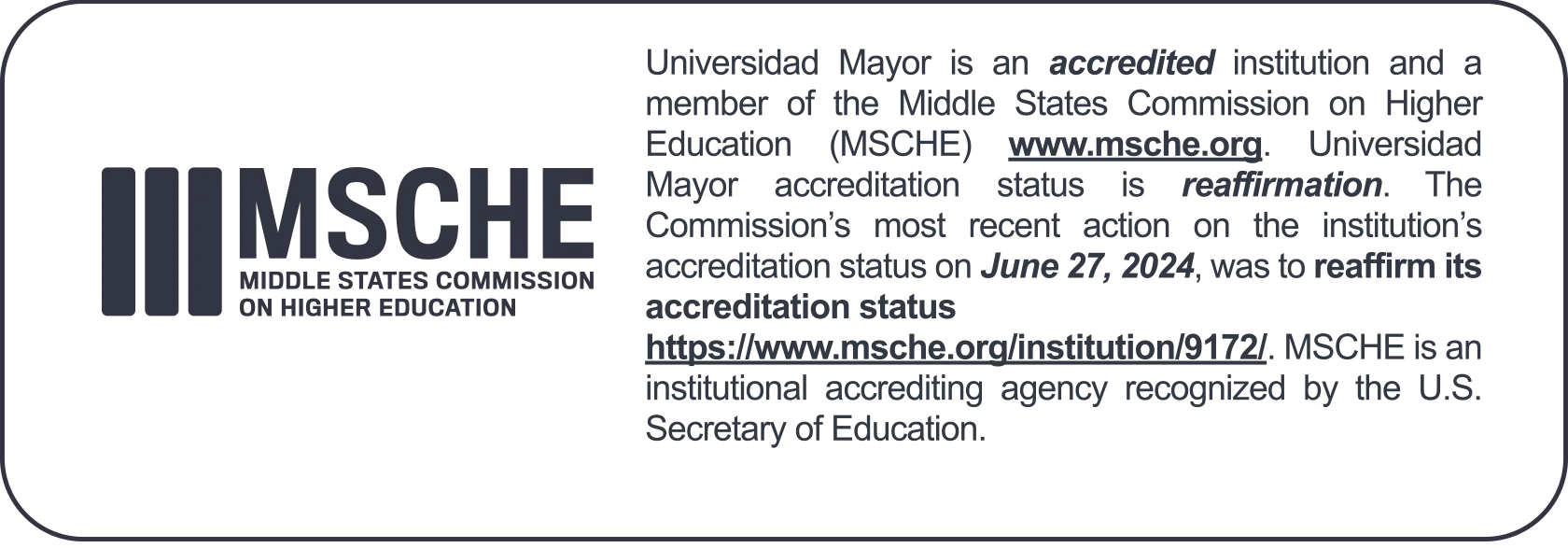Collaborative Research: IRES Track I: Stronger Together: Exploring How Communal Care Reduces Individual Costs During Challenging Years
NSF-IRES (National Science Foundation USA, International Research Experience for Students)
The scientific objective of this IRES is to determine how ecology shapes the reproductive consequences of communal breeding, a social strategy in which multiple mothers nurse offspring communally. The overarching experiment is a manipulative field study to determine how low food abundance influences the endocrine and oxidative stress of communally breeding Octodon degus, a social rodent endemic to Chile. Students will conduct independent projects within the framework of this study and analyze a long-term dataset (15 years). This program supports 5-6 students per year (2 undergrad, 3-4 graduate; 15 individuals over a three-year period). Students will engage in year-long collaborations with the following researchers: (i) Dr. Luis Ebensperger (P. Univ. Católica de Chile), (ii) Dr. Rodrigo Vásquez (Univ. de Chile), (iii) Dr. Veronica Quirici (Univ. Andrés Bello), and (iv) Dr. Sebastian Abades (Univ. Mayor). Students interested in studying how social interactions impact stress physiology will consult with Dr. Tina Wey (Université de Sherbrooke), an expert in social network theory. Prior to IRES, international collaborators will provide feedback on project designs and grant proposals. IRES will last 8-10 weeks (June-August) for undergraduate students and 18-20 weeks (June-October) for graduate students. Post-IRES, international collaborators will provide feedback on analyses, presentations, and manuscripts, increasing the likelihood of student productivity and success. Program outcomes, student perceptions of the program and science, and student progression in STEM will be assessed annually during and up to 3 years beyond the proposed program.








